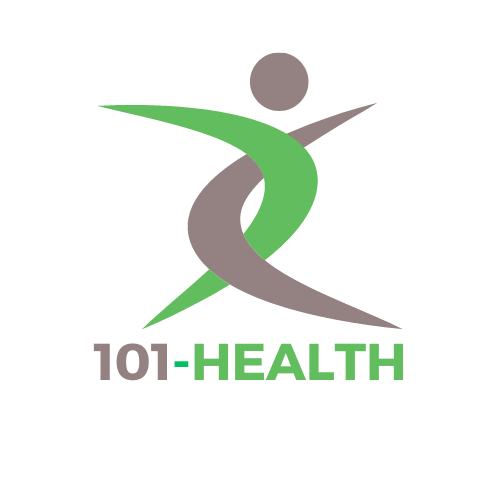Vitamins are micronutrients that play crucial roles in various physiological processes, including metabolism, immune function, and cell growth.
Incorporating a diverse array of vitamin-rich foods into your diet is essential for maintaining overall health and well-being.
In this article, we’ll explore the importance of vitamins, identify key vitamins, and provide a comprehensive list of foods rich in each vitamin to help you create a balanced and nutritious diet.
The Importance of Vitamins
Vitamins are organic compounds that the body needs in small amounts to function properly. They serve as cofactors for enzymes, which are essential for catalyzing biochemical reactions in the body.
Vitamins are classified into two categories: fat-soluble vitamins (A, D, E, and K) and water-soluble vitamins (B vitamins and vitamin C). Each vitamin plays a unique role in supporting various aspects of health, from boosting immunity to promoting healthy skin and vision.
Key Vitamins and Their Functions:
- Vitamin A: Essential for vision, immune function, skin health, and cell growth and differentiation. Sources include carrots, sweet potatoes, spinach, kale, and liver.
- Vitamin B1 (Thiamine): Important for energy metabolism, nerve function, and carbohydrate metabolism. Sources include whole grains, pork, legumes, and nuts.
- Vitamin B2 (Riboflavin): Necessary for energy production, antioxidant activity, and red blood cell formation. Sources include dairy products, eggs, lean meats, and green leafy vegetables.
- Vitamin B3 (Niacin): Supports energy metabolism, cholesterol regulation, and DNA repair. Sources include poultry, fish, peanuts, and whole grains.
- Vitamin B5 (Pantothenic Acid): Involved in energy metabolism, hormone synthesis, and wound healing. Sources include avocados, poultry, whole grains, and legumes.
- Vitamin B6 (Pyridoxine): Essential for amino acid metabolism, neurotransmitter synthesis, and immune function. Sources include bananas, potatoes, poultry, fish, and nuts.
- Vitamin B7 (Biotin): Important for fatty acid synthesis, glucose metabolism, and healthy hair and nails. Sources include egg yolks, nuts, seeds, and sweet potatoes.
- Vitamin B9 (Folate): Vital for DNA synthesis, red blood cell formation, and fetal development during pregnancy. Sources include leafy greens, legumes, citrus fruits, and fortified grains.
- Vitamin B12 (Cobalamin): Necessary for red blood cell formation, nerve function, and DNA synthesis. Sources include meat, fish, eggs, dairy products, and fortified foods.
- Vitamin C: Acts as an antioxidant, supports immune function, collagen synthesis, and wound healing. Sources include citrus fruits, strawberries, bell peppers, broccoli, and kiwi.
- Vitamin D: Essential for calcium absorption, bone health, immune function, and mood regulation. Sources include fatty fish, fortified dairy products, eggs, and sunlight exposure.
- Vitamin E: Acts as an antioxidant, protects cell membranes, and supports immune function. Sources include nuts, seeds, vegetable oils, and green leafy vegetables.
- Vitamin K: Required for blood clotting, bone metabolism, and heart health. Sources include leafy greens, broccoli, Brussels sprouts, and fermented foods.
Incorporating Vitamin-Rich Foods into Your Diet
To ensure adequate intake of vitamins, consider the following tips:
- Include a variety of fruits, vegetables, whole grains, lean proteins, and healthy fats in your meals and snacks.
- Choose whole, minimally processed foods over highly processed and refined products.
- Opt for organic and locally sourced foods whenever possible to ensure higher nutrient content.
- Experiment with different cooking methods, such as steaming, roasting, and stir-frying, to preserve the vitamin content of foods.
- Be mindful of portion sizes and avoid overconsumption of high-calorie, low-nutrient foods.
Conclusion
Vitamins play essential roles in maintaining overall health and well-being, supporting various physiological processes in the body.
By incorporating a diverse array of vitamin-rich foods into your diet, you can ensure adequate intake of essential vitamins and promote optimal health and vitality.
So, make it a priority to nourish your body with a wide range of nutrient-dense foods and enjoy the numerous health benefits they provide.






